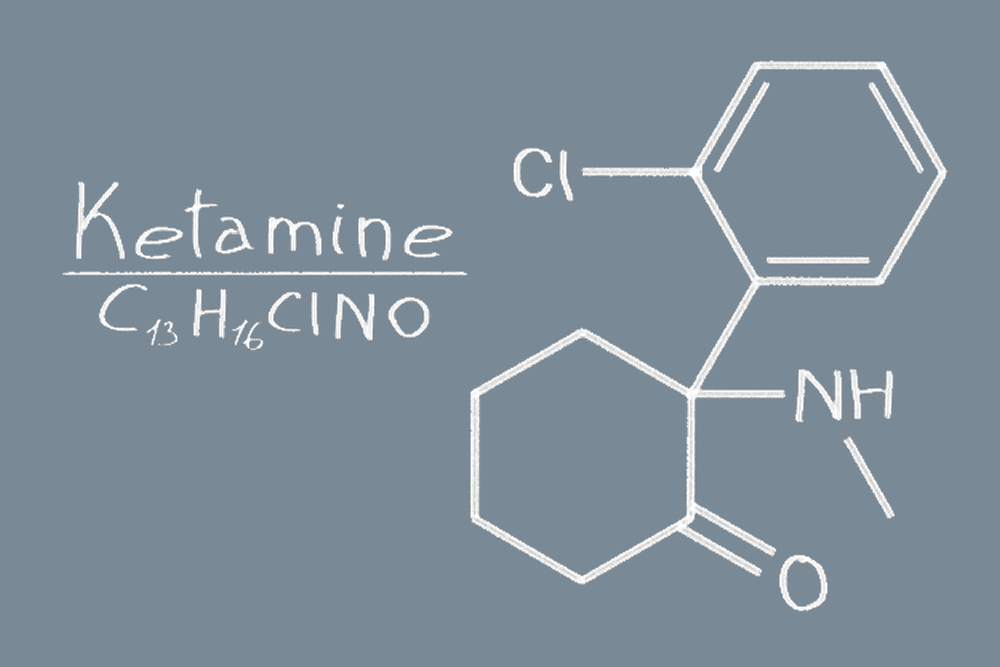Ketamine therapy has gained popularity as a promising treatment for various mental health conditions and chronic pain management. However, it is not recommended for for everyone. In this article, we will share the complete details about Ketamine therapy and who is not a good candidate for Ketamine Therapy with potential risks associated with it.

Also Read: Why Is Everyone Leaving Plexus? The Ultimate Truth
Who is Not a Good Candidate for Ketamine Therapy
Age Restrictions
Ketamine therapy is generally not recommended for children and adolescents. While it may be used off-label in specific cases, the effects on developing brains are not yet fully understood. The therapy is primarily targeted at adults, and healthcare providers exercise caution when considering its use in younger populations.
Pregnancy and Nursing Mothers
Pregnant women and nursing mothers should avoid ketamine therapy. The effects of ketamine on fetal development are not well-studied, and there is a risk of transfer through breast milk.
Uncontrolled High Blood Pressure
Individuals with uncontrolled high blood pressure should not undergo ketamine therapy. Ketamine can temporarily elevate blood pressure, which could be risky for those already struggling with hypertension. Therefore, it’s necessary to discuss alternative treatment options with your healthcare provider, if you have high blood pressure.
History of Substance Abuse or Addiction
Those with a history of substance abuse or addiction may not be good candidates for ketamine therapy. Ketamine is a dissociative anesthetic and has the potential for misuse. therefore, individuals with drug abuse history may be more susceptible to developing ketamine dependence, and making it an unsuitable treatment option.
Severe Psychiatric Disorders
Ketamine therapy is also not recommended for peoples with severe psychiatric disorders, i.e. schizophrenia or bipolar disorder. While ketamine has shown potential in treating certain mental health conditions, its effects on severe psychiatric disorders are not well-established, and there could be a risk of exacerbating symptoms.
Also Read: How are Viruses Different from Bacteria Apex? Ultimate Guide
The Ketamine Therapy Process
Before starting ketamine therapy, individuals undergo a thorough evaluation and screening process to determine their suitability for the treatment. Medical history, pre-existing conditions, and psychological factors are carefully assessed to ensure the safety and efficacy of ketamine therapy.
Who is Not a Good Candidate for Ketamine Therapy And Potential Side Effects and Risks
Like any medical treatment, ketamine therapy comes with potential side effects and risks. Short-term side effects such as nausea, dizziness, and mild hallucinations. Long-term effects risks are still under evaluation, therefore it’s important to know the potential impacts on overall health.
Also Read: How to Flush Phentermine Out of Your System : Ultimate Guide
Conclusion (Who is Not a Good Candidate for Ketamine Therapy)
While ketamine therapy shows promise as a revolutionary treatment for various mental health conditions and chronic pain, it is not suitable for everyone. Certain criteria, such as age restrictions, pregnancy, uncontrolled high blood pressure, history of substance abuse, and severe psychiatric disorders, make individuals unsuitable candidates for this therapy. Prioritizing patient safety and understanding their medical history are crucial steps in determining the most appropriate treatment options.
FAQs (Who is Not a Good Candidate for Ketamine Therapy)
- Can Ketamine Therapy be used for recreational purposes?
- No, ketamine therapy is a medical treatment and should only be administered by qualified healthcare professionals in a controlled setting. Using ketamine recreationally can be dangerous and is illegal.
- Is Ketamine Therapy covered by insurance?
- The coverage for ketamine therapy varies depending on the insurance provider and the specific condition being treated. It’s essential to check with your insurance company to understand the extent of coverage, if any.
- How long does it take to see results from Ketamine Therapy?
- The timeline for experiencing results from ketamine therapy varies from person to person. Some individuals may notice improvements after a few sessions, while others may require more extended treatment.
- Can Ketamine Therapy be used in conjunction with other treatments?
- In some cases, ketamine therapy may be used alongside other treatments, such as psychotherapy or antidepressant medications. Combining treatments should always be done under the guidance of healthcare professionals.
- Is Ketamine Therapy addictive?
- While ketamine has a lower potential for addiction compared to some other substances, it can still be habit-forming if misused. Proper administration and supervision by healthcare providers help mitigate the risk of addiction.
Disclaimer
The information presented in this article on Ketamine Therapy is intended solely for educational purposes. It does not constitute medical advice or replace professional healthcare consultation. Ketamine therapy is a specialized treatment that should only be administered under the guidance of qualified medical practitioners. If you or someone you know is considering ketamine therapy, it is crucial to seek personalized advice from a licensed healthcare provider to ensure suitability and safety for individual circumstances. Always consult with your doctors or mental health professionals before making any decisions related to medical treatments or interventions.
